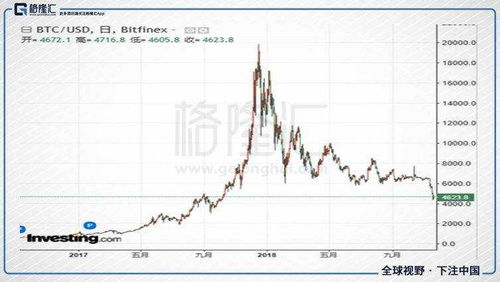Introduction

Bitcoin, the world's first decentralized digital currency, has been making headlines once again as it continues to break records. With its recent surge, Bitcoin has once again captured the attention of investors and the media. In this article, we will explore the factors contributing to Bitcoin's rise, its potential future, and the implications for the global economy.
Factors Contributing to Bitcoin's Rise

Several factors have contributed to Bitcoin's recent surge. One of the primary reasons is the increasing interest in digital currencies among institutional investors. Companies like MicroStrategy have been actively purchasing Bitcoin, which has sent the price soaring. Additionally, the upcoming US presidential election has also played a significant role in Bitcoin's rise. Many investors believe that a Trump presidency would be more favorable for Bitcoin and other digital currencies.
The Potential Future of Bitcoin

Analysts are predicting that Bitcoin's price will continue to rise in the coming years. Some are even forecasting that Bitcoin could reach $200,000 by the end of 2025. This optimism is driven by several factors, including the increasing adoption of Bitcoin as a store of value, the growing interest in decentralized finance (DeFi), and the potential for Bitcoin to become a global reserve currency.
The Implications for the Global Economy

Bitcoin's rise has significant implications for the global economy. On one hand, it could lead to a more decentralized financial system, where individuals have more control over their finances. On the other hand, it could also lead to increased volatility in financial markets and potential risks for small economies. Governments around the world are also grappling with how to regulate Bitcoin and other digital currencies to ensure their stability and security.
The Role of Technology in Bitcoin's Rise

Technology has played a crucial role in Bitcoin's rise. The blockchain technology that underpins Bitcoin has made it possible for transactions to be conducted securely and transparently without the need for intermediaries. This has made Bitcoin an attractive option for investors looking for a more secure and efficient way to store and transfer value.
The Challenges Ahead

Despite Bitcoin's recent surge, there are still challenges ahead. One of the biggest challenges is regulatory uncertainty. Governments around the world are still trying to figure out how to regulate Bitcoin and other digital currencies without stifling innovation. Additionally, Bitcoin's high price volatility could also deter some investors from entering the market.
Conclusion

Bitcoin's recent surge has captured the attention of investors and the media. With its potential to become a global reserve currency and its increasing adoption as a store of value, Bitcoin's future looks promising. However, there are still challenges ahead, including regulatory uncertainty and high price volatility. As the world continues to grapple with the implications of Bitcoin and other digital currencies, it remains to be seen how they will shape the future of the global economy.
Tags: Bitcoin Cryptocurrency DigitalCurrency Blockchain Investment Economy Technology Regulation

